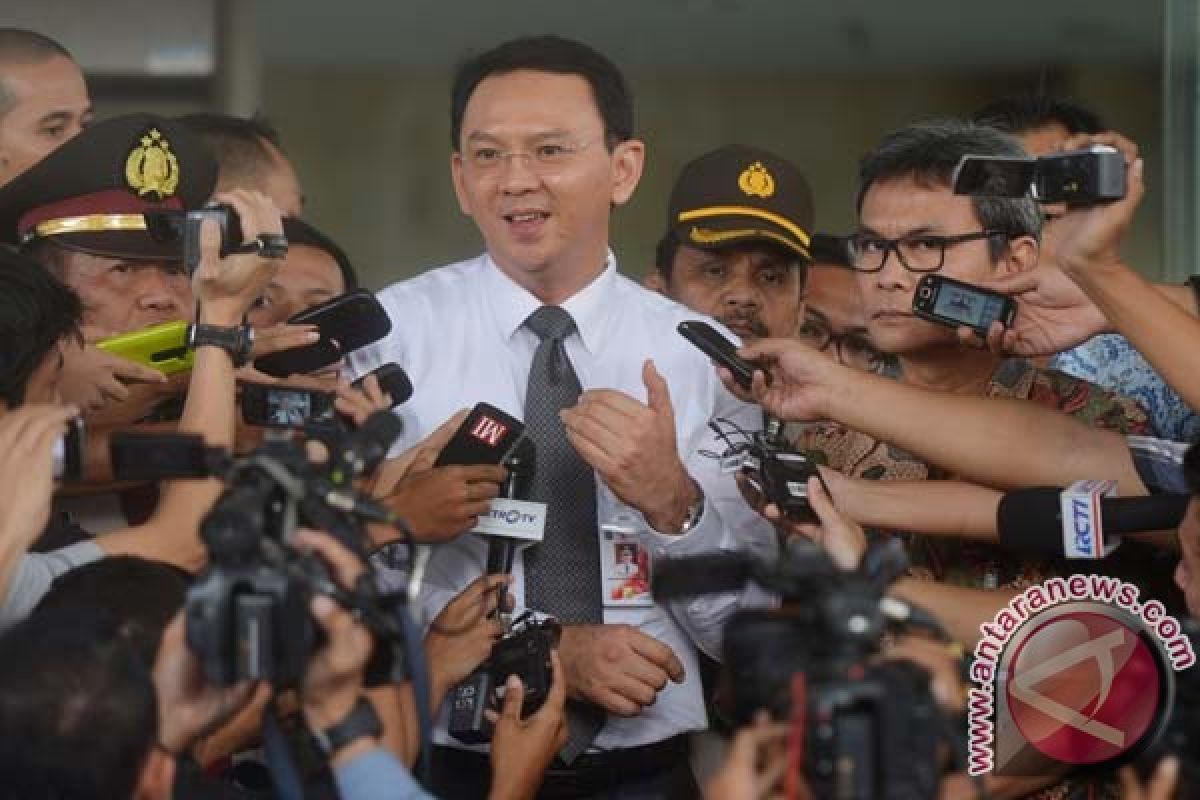"All Jakartans must use the e-money system while paying for public transportation and other services. With e-money, every transaction will become more efficient, and it cannot be easily falsified," Ahok emphasized.
According to him, all public services such as parking, shopping, and buses, will soon use the e-money system for payment.
Earlier, Bank Indonesias Head of Policy and Payment Development System, Yura Djalins, pointed out that the use of non-cash transactions will allow the monetary authority to curb and economize the operational budget for printing currency.
"Every year, Bank Indonesia spends Rp3 trillion for printing, saving, distributing, and destroying printed currency," Yura revealed.
Yura explained that the use of cashless transactions will also benefit the payment tracking system since records of transactions will be maintained.
The transaction records can be used as a reference by the government to measure the economy and formulate its development plans.
Yura noted that the recorded data will reveal peoples demands and their spending patterns, which can be used to identify areas of development and a suitable development model.
"If all transactions are recorded, it will become easier for the government to drive suitable development across each region," Yura emphasized.
Yura also underlined another benefit of cashless transactions wherein money laundering crimes can be prevented as every single transaction will be recorded and can be traced.
"Therefore, we have to promote the use of non-cash transactions," he reiterated.
(Uu.A051/INE/KR-BSR/F001)
Editor: Priyambodo RH
Copyright © ANTARA 2014









